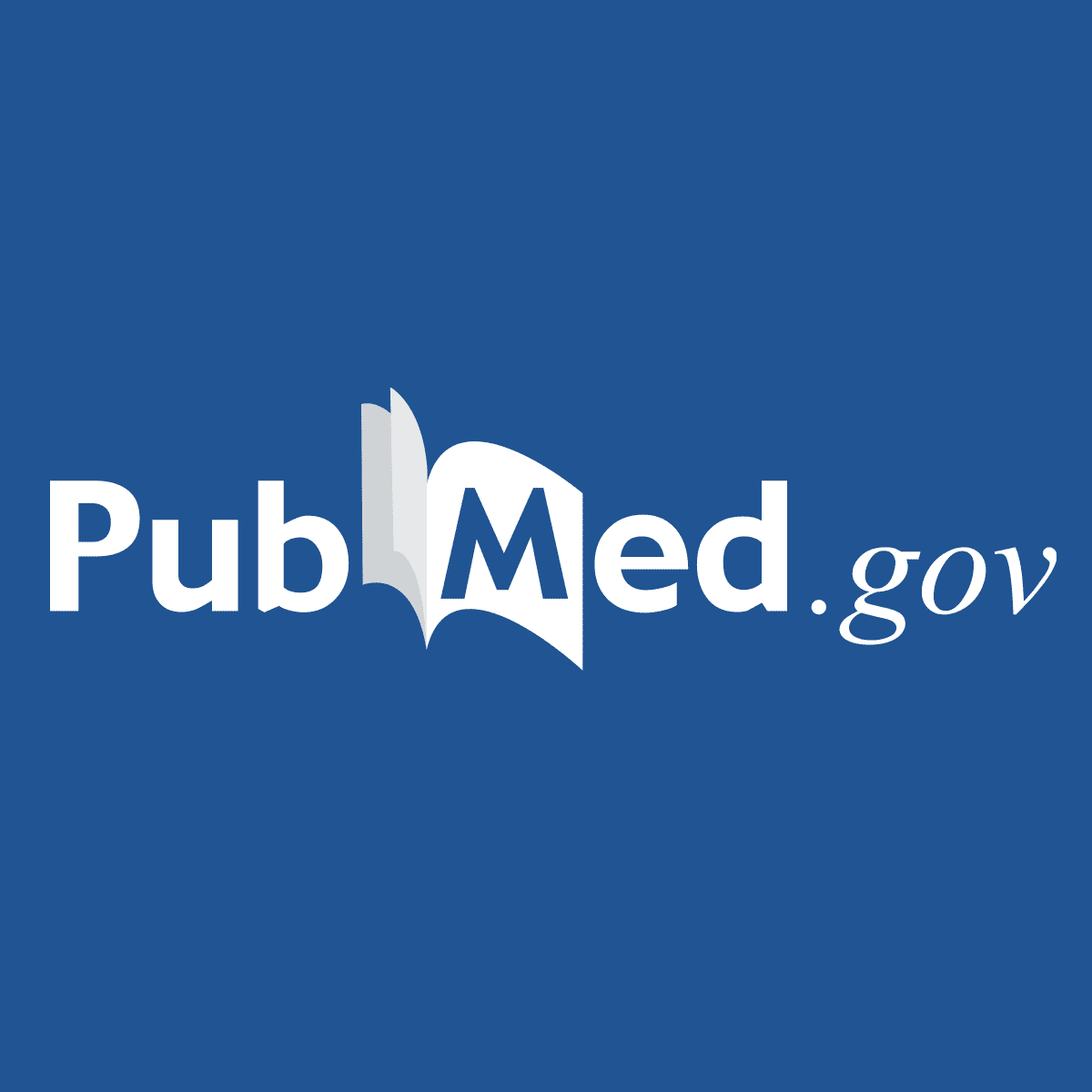redsun
Member
- Joined
- Dec 17, 2018
- Messages
- 3,013
Usually with histamine issues you need to avoid multivitamins as many micronutrient in supplemental form (or in the higher quantities that are only found in supplements) can potentiate histamine activity directly or indirectly by their effects on other things. Most of the B vitamins can increase histamine activity except B12 and choline for the most part. B2 can have pro and anti-histamine effects. Manganese and also selenium are problematic as well. Zinc excess is problematic as it is a GABA antagonist which will increase glutamate activity which will then stimulate histamine but in normal intakes it is beneficial.I have not looked into the link between urticaria and dysautonomia but I do take a multivitamin that has thiamine hcl 25 mg every day.
I have never taken any of those antibiotics. I have only taken doxycycline every single time for Lyme disease, ehrlichiosis, etc.
This study says that dextromethorphan was their treatment. So cough medicine? I don’t have edema or pelvic pain, just cold urticaria. I don’t know if that would apply to me but it’s worth looking into.
I developed chronic anxiety from a young age due to abuse etc. I have always been a worrier for many different reasons. I was very jumpy, easily put into fight or flight, couldn’t handle caffeine. Of course having health issues and then anxiety about that is another stress.
I Never struggled with insomnia in my life until I was like 9 months into peating and then I got the covid vaccine against my will. Within a day or 2 after the first shot I felt like I had a thyroid storm or brain inflammation..?. My heart was constantly racing, I was in constant fight or flight and felt like I couldn’t breathe. my metabolism went super high and I was burning through calories like crazy. I lost 10-15 lbs in a month without trying at all. I couldn’t sleep, I could barely eat, I quit my job that I got the vaccine for. So I went to my doctor desperate for help. She prescribed me hydroxyzine. I didn’t take it for another 2 months where I continued to lose a pound or 2 per week, couldn’t sleep through the night, waking up every hour. I then gave in and tried the hydroxyzine before bed. I’ve taken it every night since then and i have been able to sleep through the night ever since then. I also have much lower anxiety levels throughout the day, and I gained the weight back that I lost that stressful time. I do plan on getting off of hydroxyzine eventually because it’s not recommended during pregnancy but I really want to get my health in order as much as I can before I get pregnant.
I remember at a time where I was taking doses of thiamine in the hundreds of milligrams for over a week until I realized it was causing severe histamine reactions to the point where I could barely sleep because of runny nose, sneezing, itching, watery eyes and it was intolerable during the day. I found out that thiamine is a histamine liberator and needs to be avoided for those with histamine issues or those prone to mast cell activation. Even low doses of thiamine (25 mg a day) for prolonged periods of time will do the same thing to me. Not everyone is prone to the typical histamine reactions like I described. This can easily show up as worsening urticaria even without those other symptoms. Everyone reacts differently but you be unintentionally worsening symptoms.
Last edited:

